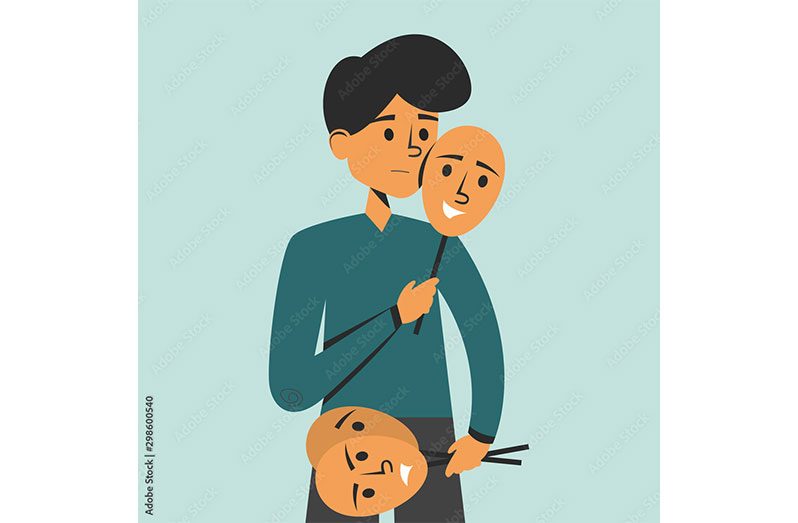MOST of us have been brought up through the years with the idea that boys should not cry, especially once they have passed a certain age. This is so in most countries across the globe.
No doubt, one of the underlying reasons for this notion is that, in later life, when they take on their role as provider and protector for their families, men were to be seen as physical stalwarts and emotionally unassailable – able to face the “slings and arrows of life without flinching.”
Roger Reid PhD, puts it this way: “Centuries of cultural conditioning have done a number on men. Baked into society’s expectations, a man’s “feelings” were far less important than the need to conform to the traditional socially-idealised version of strong, respected successful men.”
In other words, we have been schooled to believe that tears and emotional displays by men and boys are unacceptable. Those of us who were not actively taught this were certainly given that impression.
Parents have said it to their boys as a hand-me-down belief from their own parents, without even considering the wider repercussions of this line of thinking, which condemns our males to suppressing their emotional/psychological challenges.
In fact, it is only in the past two decades, and more so in the past decade, that experts like Dr. Reid have sought to reject the stereotype of the ‘strong, silent type’ and have been encouraging men to talk about their feelings without viewing this as a sign of failure or weakness.
Guyanese Psychotherapist, Shane Tull, has been a persistent advocate for “breaking down the walls” preventing men from acknowledging these issues. He recently received a Humanitarian Award from the United Bridge Builders Mission (UBBM) for his work with men in the area of domestic and gender-related violence.
UBBM, with offices both in the US and Guyana, has been “providing support to victims of domestic violence and their families during counselling” as well as offering help to persons with other social problems.
The Psychotherapist, who has been consulting with the group for several years now, has been able to provide a “safe space” for men to discuss their problems and offer the kind of support which has been lacking over the years.
He is particularly concerned about ending the circle of violence, where perpetrators have themselves been the victims of abuse, and so they practise the same behaviour in their families and relationships, saying: “They keep all that hurt inside”.
The message is clear. Men need to talk and to have a forum where they can feel free to unburden themselves. However, in response to my previous article on ignoring the signs, one of my readers, my son, related how experts have said that women generally recognise illness in themselves much earlier than men do.
While this is particularly applicable to the physical aspect, it seems to extend to mental health also, where men may simply not recognise early signs that all is not well.
Further, as pointed out by writer Taylor Bennett, in a clinical review, men tend to “brush off” their feelings when they see no immediate solution.
As Professional Counsellor, Tara Vossenkemper explains: “Men tend to be more solution focused…In general, for females, discussing a problem (without jumping to a solution) is relieving and makes the problem more manageable”.
Finding that solution may mean seeking out a mental health professional, trained to help men break the barrier of silence and talk about their feelings.




.jpg)









